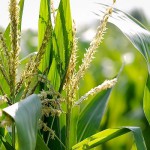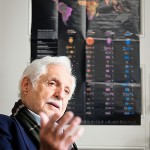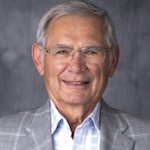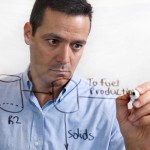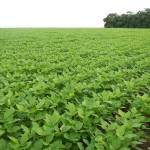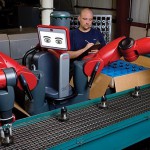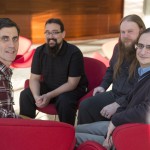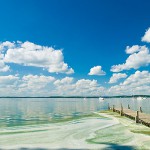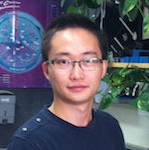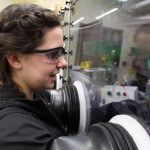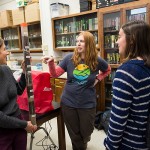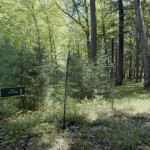Category Science & Technology
Wisconsin Alumni Research Foundation near the top of the patent charts for 2013
In 2013, with 160 patents, the Wisconsin Alumni Research Foundation (WARF) was near the pinnacle of the university patent heap. Read More
New $3M distinguished chair at UW–Madison honors influential alumnus
A newly established professorship will allow the University of Wisconsin–Madison to hire new faculty to build upon its widely recognized leadership in chemical and biological engineering. Supported by a $3 million commitment from the Wisconsin Alumni Research Foundation (WARF), the Ernest Micek Distinguished Chair in Chemical and Biological Engineering will honor a UW–Madison graduate with a long record of service to UW–Madison. Read More
No joke: Chemistry thesis transmuted into comic book
As thesis writing approached, University of Wisconsin–Madison graduate student Veronica Berns faced a conundrum. She knew how hard it was to describe her work to friends and family — indeed, anybody outside the tight clan of structural chemists. And that was particularly true since she concentrated on a category of should-be-impossible structures called “quasicrystals.” However, Berns liked drawing and using “normal, English-language words,” and so about a year before graduation, she opted to accompany her traditional Ph.D. thesis with a comic book version. Read More
Chemical dial controls attraction between water-repelling molecules
Abbott, Gellman and a group of University of Wisconsin–Madison researchers have provided new insights on hydrophobic interactions within complex systems. In a study published today in the journal Nature, the researchers show how the nearby presence of polar (water-attracted, or hydrophilic) substances can change the way the nonpolar hydrophobic groups want to stick to each other. Read More

